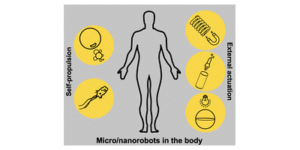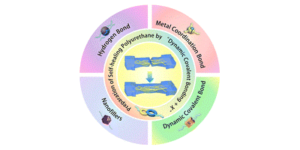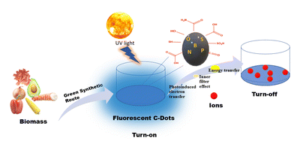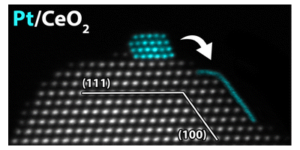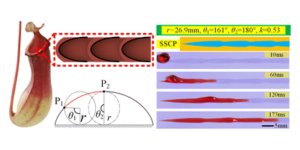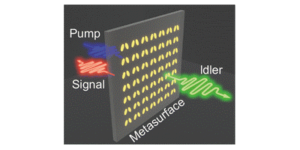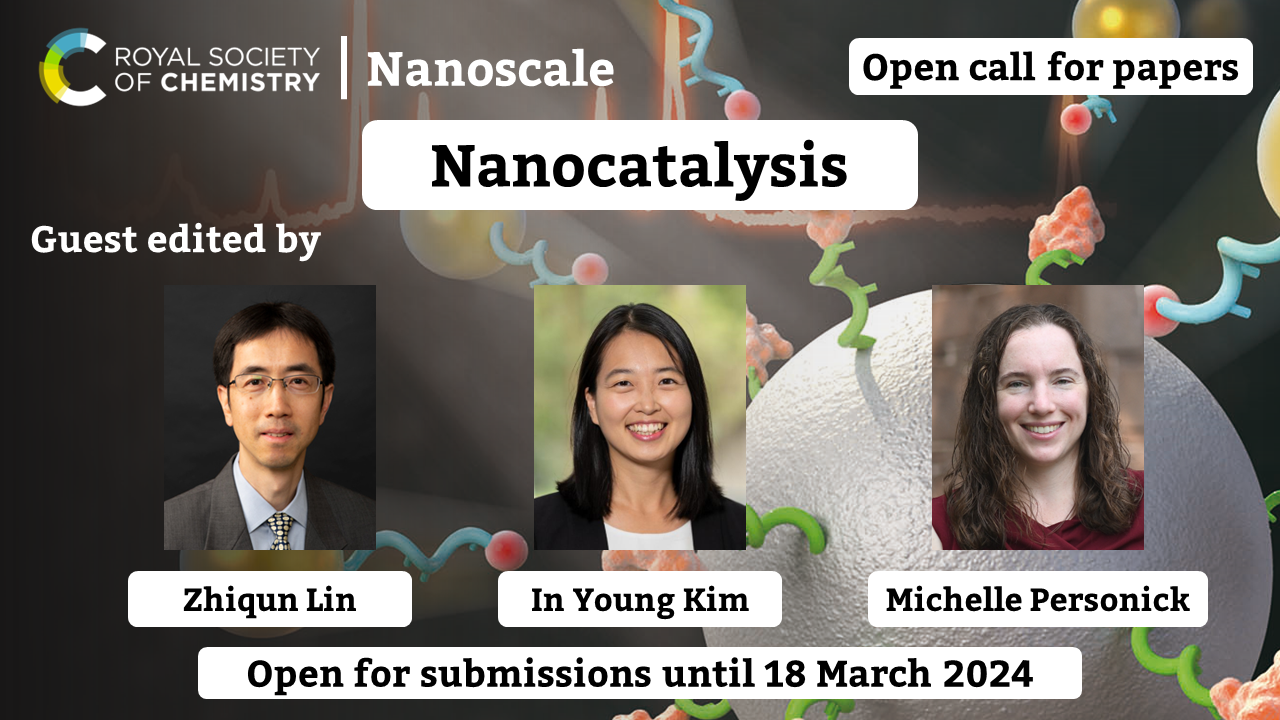Looking back at 2023
An overview of the exciting events, activities and news for Nanoscale from 2023
2023 was another great year for nanoscience research and recognition in the field, with the award of the Chemistry Nobel Prize to Moungi Bawendi, Louis Brus and Alexei Ekimov for the discovery, synthesis, and development of quantum dots. Now that the year has come to an end, we want to share some of the exciting events and activities that happened last year for Nanoscale. Thank you for your engagement last year and for enabling the journal to continue to support the community. We look forward to another great year for the journal and nanoscience research in 2024.
Board updates
Professor Chunli Bai (Institute of Chemistry, Chinese Academy of Sciences, China) was appointed as Honorary Editor-in-Chief. Professor Bai was one of the inaugural Editors-in-Chief of both Nanoscale and Nanoscale Advances, working with the Royal Society of Chemistry for the past 14 years. We would like to thank him for his ongoing support of the journals and nanoscience community and look forward to working with him in this new role.
We welcomed Professor Yue Zhang (University of Science and Technology Beijing, China) as our new Editor-in-Chief working across Nanoscale and Nanoscale Advances, joining Professor Dirk Guldi (Friedrich-Alexander University Erlangen-Nürnberg, Germany) as co-Editor-in-Chief for the journals.
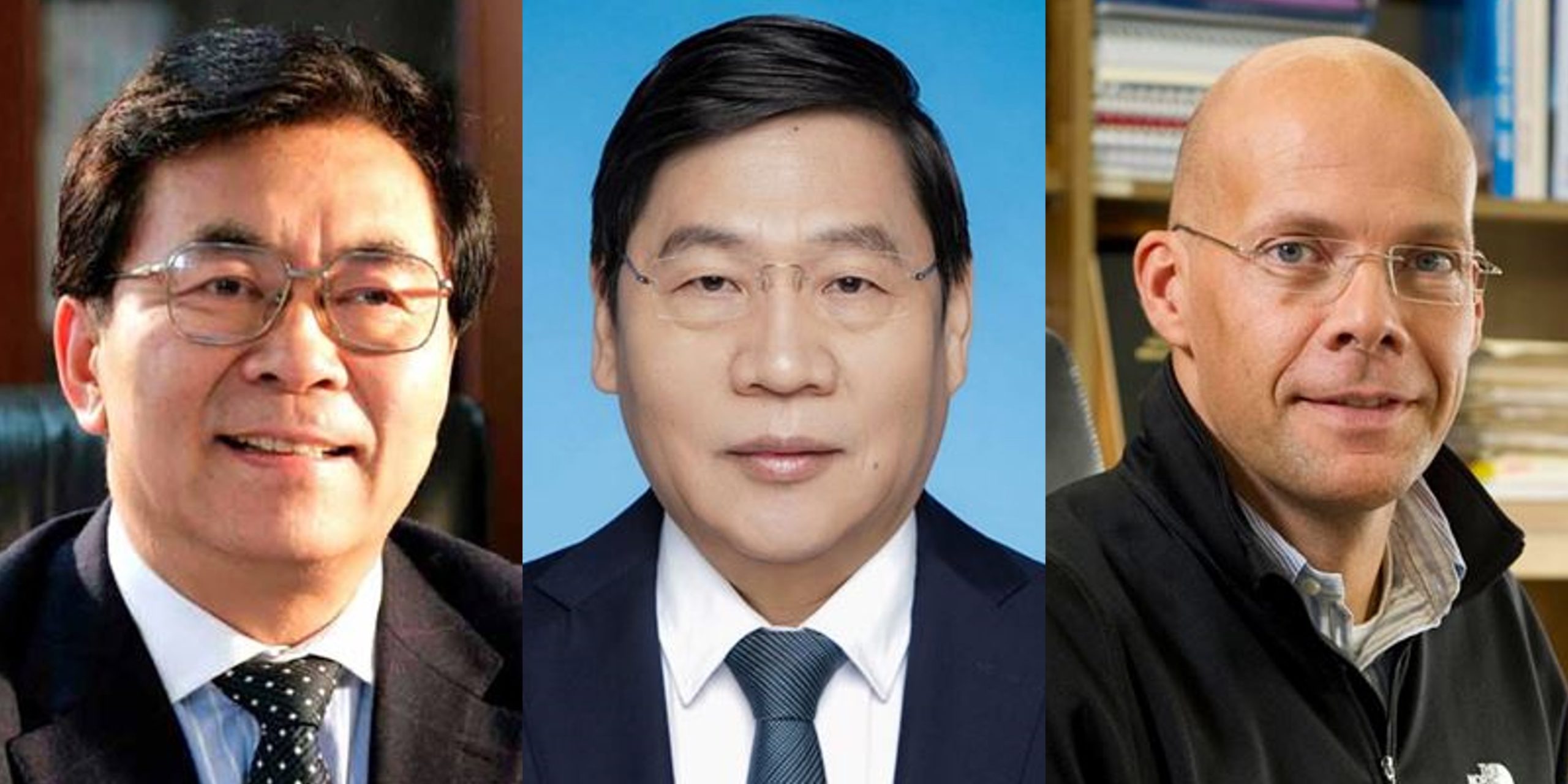
Emerging investigators
We were proud to present our 2023 Emerging Investigators collection, recognizing the rising stars of nanoscience and nanotechnology by gathering some of the very best work from researchers in the early stages of their independent careers.
Congratulations to all the featured researchers on their important work so far in the field. Meet the featured authors in our Profile article.
Themed collections
Nanoscale published 16 themed collections in 2023, and we have many more exciting themed collections planned.
- Nanomaterials for printed electronics. Guest edited by Cinzia Casiraghi, Oana Jurchescu, Shlomo Magdassi and Wenming Su.
- Emerging concepts in nucleic acids: structures, functions and applications. Guest edited by Arun Richard Chandrasekaran, Dhiraj Bhatia, Xiaogang Liu and Prabal Maiti.
- Nanoscale quantum technologies. Guest edited by Qing Dai, Chao-Yang Lu and Zhipei Sun.
- Halide perovskite optoelectronics. Guest edited by Lakshminarayana Polavarapu, Maria Antonietta Loi, Haibo Zeng and Joseph M. Luther.
- Celebrating 25 years of the Key Laboratory for Special Functional Materials at Henan University. Guest edited by Guohua Jia, Feng Bai, Gang Cheng and Zuliang Du.
- Celebrating the 20th anniversary of the National Center for Nanoscience and Technology (NCNST). Guest edited by Yuliang Zhao, Zhixiang Wei, Chunying Chen, Qing Dai and Xinfeng Liu.
- Honorary themed collection for Thomas P. Russell. Guest edited by Zhiqun Lin, Xiaodan Gu, Ilja Gunkel, Du Yeol Ryu, Jiun-Tai Chen and Jodie Lutkenhaus.
- Fundamental Processes in Optical Nanomaterials. Guest edited by Arindam Chowdhury, Alison Funston, Eva Hemmer and Jonathan Veinot.
- Celebrating the 150th anniversary of Vanderbilt University. Guest edited by De-en Jiang, Janet Macdonald and Sharon Weiss.
- Micro- and nano-motors. Guest edited by Martin Pumera, Xing Ma, Samuel Sánchez Ordóñez and Li Zhang.
- Theranostic nanoplatforms for biomedicine. Guest edited by Nguyen T. K. Thanh, Sophie Laurent, Sylvie Begin-Colin and Teresa Pellegrino.
- Sustainable Composites. Guest edited by Ian Hamerton, Lois Hobson and Jonathan Wagner.
- Nanozymes. Guest edited by Shaoqin Liu, Vincent Rotello, Asier Unciti-Broceta and Hui Wei.
- Graphene and 2D Materials in Healthcare. Guest edited by Laura Ballerini, Alberto Bianco, Kostas Kostarelos and Maurizio Prato.
- Celebrating the scientific accomplishments of RSC Fellows
- Nanoscale 2024 Emerging Investigators
International Women’s Day
To celebrate International Women’s Day 2023 we highlighted some of the excellent female researchers publishing impactful work in nanoscience in a special collection published in Nanoscale Horizons, Nanoscale and Nanoscale Advances. The collection featured work led by female scientists around the world and showcased the impact these leading individuals have on the research published within our nanoscience journals.
If you have published in Nanoscale in 2023, and either the first and/or corresponding author of your article is a woman, you can feature in our 2024 collection! Please contact the Editorial office with the title of your article, DOI and a headshot photo of the eligible author by 1 March 2024 if you wish to be included in the collection, which will be promoted this International Women’s Day, 8 March 2024. At the Royal Society of Chemistry, we foster a culture of inclusion of women from all walks of life and look forward to continuing to celebrate all of the wonderful women in nanoscience.
Editor’s choice collections
We showcased a variety of articles in collections curated by our editors. Our Associate Editor Professor Xiaogang Liu (National University of Singapore, Singapore) selected some outstanding recent publications to feature in an Editor’s Choice Collection on Photon Upconversion.
We collated several other topical collections throughout the year with our companion journal Nanoscale Horizons to promote some of our best work in certain areas.
We also highlighted the Nanoscale Most Popular 2022 Articles and celebrated a variety of events throughout the year with special collections.
Look out for the upcoming collections that we will be publishing throughout 2024!
Outstanding reviewers
We once again recognised the significant contributions that our reviewers have made to the journal and highlighted our 2022 Outstanding Reviewers for Nanoscale.
“Following a long-standing Nanoscale tradition, Outstanding Reviewers are recognized. Guaranteeing the quality and impact of Nanoscale is only made possible through a stringent peer review process. Two aspects stand out: on one hand, excellence of the reviews, and, on the other hand, timeliness. At the heart of peer review are carefully drafted reports. Reports that provide a valuable service to the scientific community and to the readers of Nanoscale. On this occasion, I want to extend a big thank you to these Outstanding Reviewers and everyone else who has reviewed manuscripts for Nanoscale.” – Professor Dirk Guldi, Editor-in-Chief
HOT articles
Finally, be sure to read the exciting articles featured in the 2023 Nanoscale HOT Article Collection.
The Nanoscale team wish you a Happy New Year!
With best wishes,
Dr Heather Montgomery
Managing Editor, Nanoscale
